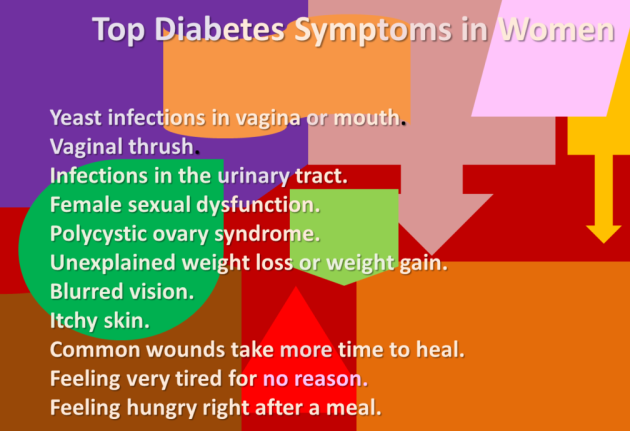NAIROBI, Kenya, Nov 22 – People with type 1 diabetes can lead long, active lives if they carefully monitor their glucose, make the needed lifestyle changes, and adhere to the treatment plan.
Diabetes is a chronic, lifelong condition that affects your body’s ability to use the energy found in food. There are three major types of diabetes: Type 1 diabetes, Type 2 diabetes and Gestational diabetes.
Diabetes is one of the biggest lifestyle diseases we see today. In just 25 years, the global incidence of diabetes has doubled, according to the World Health Organization. More than 15 million women are living with type 2 diabetes in the United States alone and another 40 million are pre-diabetic, according to CDC (Center for Disease Control) statistics of 2017.
Drop your carb intake
Doctors at The Nairobi Hospital say this cannot be over-emphasized … nutrition is one of the most important things in diabetes. Eating the right foods in the right quantities is important in controlling both blood sugar and blood pressure. Ensure at least half your meal comes from veggies. Get plenty of fruit in every day. Have good quality fats. Get moving through the day. Go for a brisk walk or jog for at least 30-45 minutes daily. Or play your favourite game.
The Insulin Factor
All types of diabetes have something in common. Normally, your body breaks down the sugars and carbohydrates you eat into a special sugar called glucose. Glucose fuels the cells in your body. But the cells need insulin, a hormone, in your bloodstream in order to take in the glucose and use it for energy. With diabetes mellitus, either your body doesn’t make enough insulin, it can’t use the insulin it produces or a combination of both.
Since the cells can’t take in the glucose, it builds up in your blood. High levels of blood glucose can damage the tiny blood vessels in your kidneys, heart, eyes, or nervous system. That’s why diabetes – especially if left untreated – can eventually cause heart disease, stroke, kidney disease, blindness, and nerve damage to nerves in the feet.
Women in Diabetes
Coming hot on the heels of World Diabetes day – marked on November 14th, The Nairobi Hospital shines the spotlight on diabetes in women. According to the International Diabetes Federation, there are more than 199 million women living with diabetes worldwide and the number is projected to increase tremendously in the next few years. Diabetes is the ninth leading cause of death among women globally and causes up to 2.1 million deaths.
Many Type 1 and Type 2 diabetes symptoms in women are the same as those in men; however, there are some symptoms and complications of diabetes unique to women.
Vaginal itching and pain, as well as vaginal and oral yeast infections:- An overgrowth of Candida albicans fungus, can cause vaginal yeast infections and oral yeast infections. Symptoms of vaginal yeast infections include vaginal itching and pain, vaginal discharge, and painful sexual intercourse. Symptoms of oral thrush include white patches in the mouth, redness and soreness, trouble eating or swallowing, and swollen red gums or inner cheeks.
Problems with sexual function:- Women with diabetes may experience lower sex drive (libido), blood flow problems to the genital area, which can decrease sexual response and orgasm, and nerve damage (diabetic neuropathy) that can result in vaginal dryness and decreased sensation.
Polycystic ovary syndrome:- This is a common cause of female infertility and insulin resistance. It can cause signs and symptoms like irregular periods, acne, thinning scalp hair, and excess hair growth on the face and body. High insulin levels also increase the risk of developing diabetes, and about half of women with PCOS develop diabetes.
Urinary tract infections:- A UTI occurs when bacteria enter anywhere in the urinary tract, including the urethra, kidneys, and bladder. They are much more common in women than in men in general, and they occur more often in people with diabetes because the sugar in the urine presents a breeding ground for bacterial growth.
For all women, when pregnant, it is important to visit the antenatal clinic. At the Nairobi Hospital, they will check your blood sugar to monitor for gestational diabetes. If there is, medication can be given to manage your diabetes and therefore reduce the chances of pregnancy complications.
In a patient who is already diabetic, if you are thinking of getting pregnant, it is important to see the doctor beforehand. Your blood sugar should be well controlled to rule out any complications arising from diabetes. If there is then it should be well managed.











































